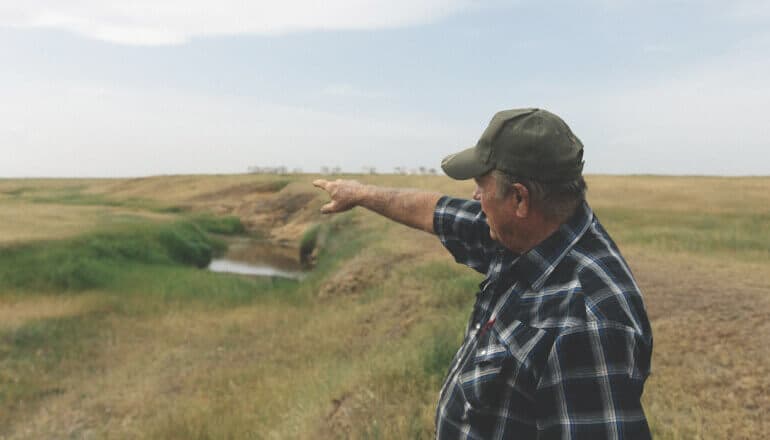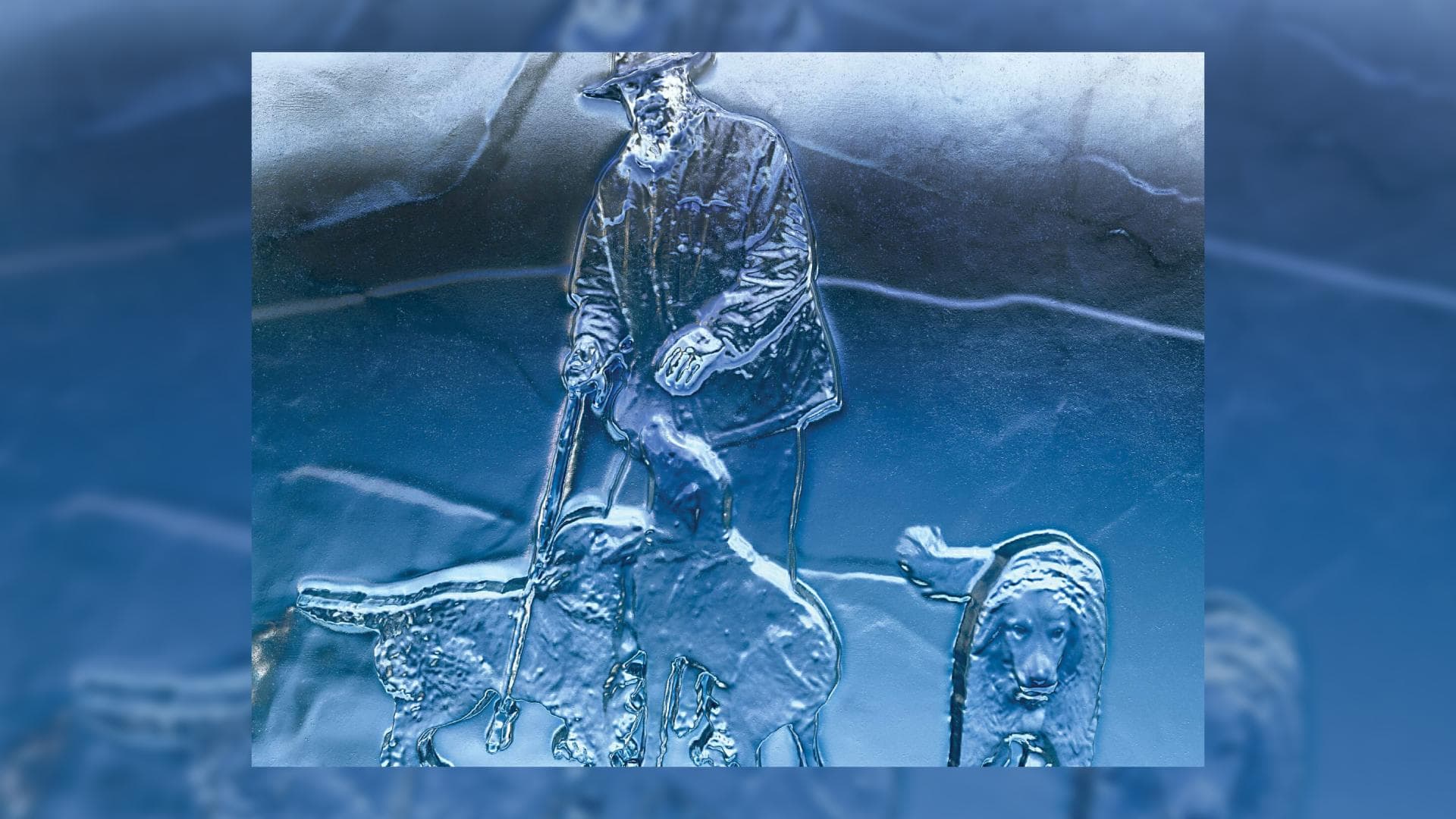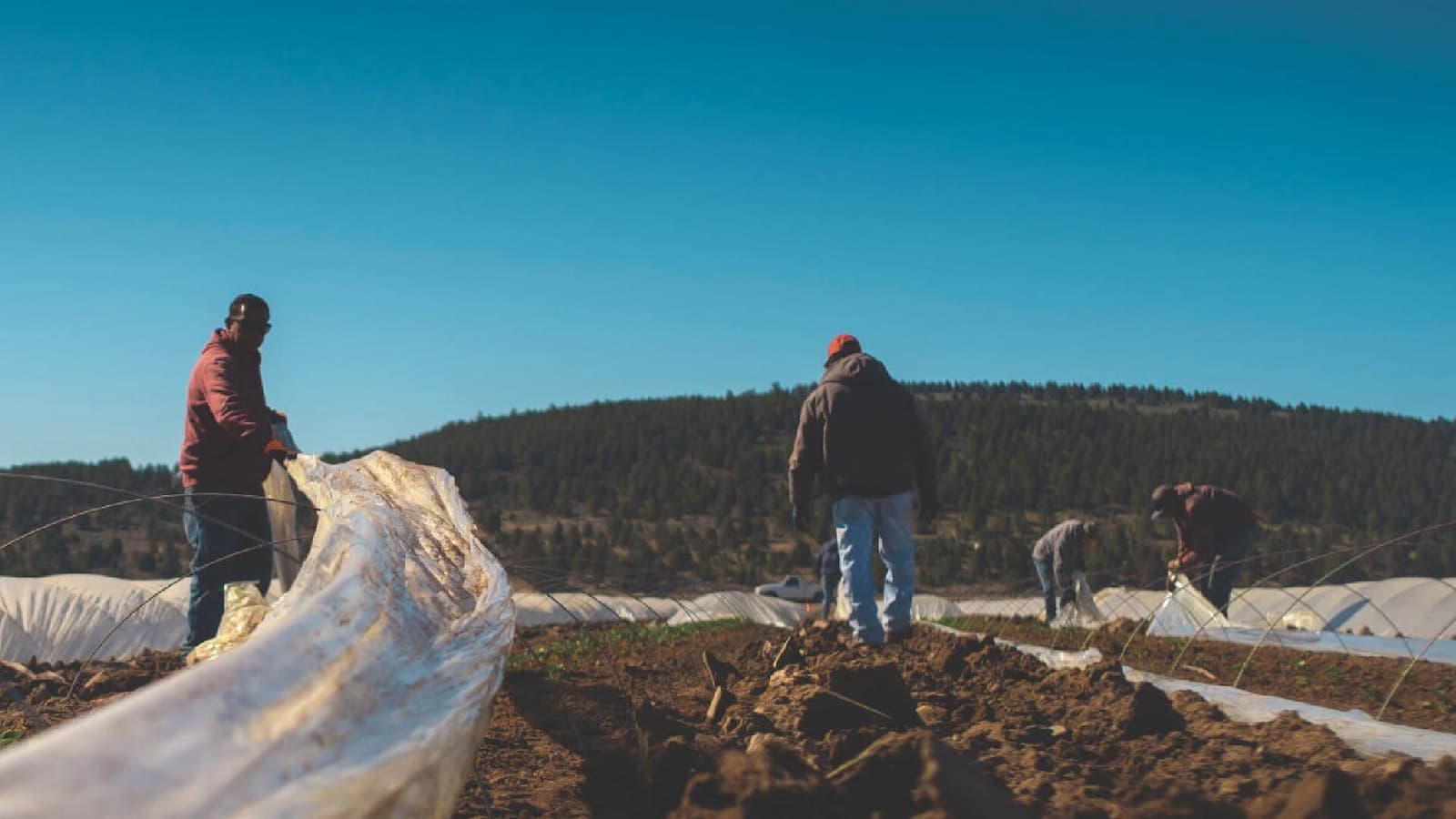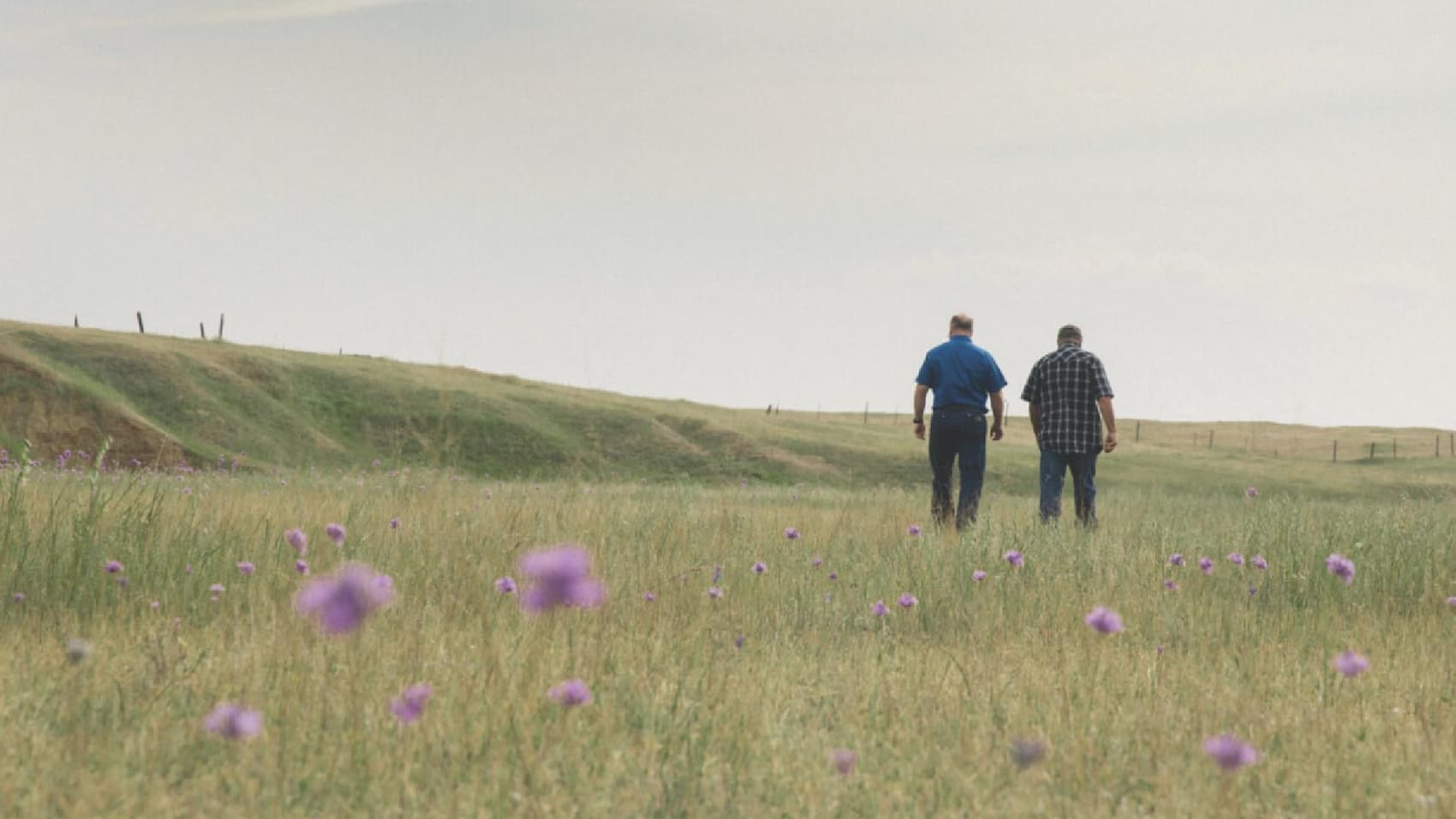IN 1994, Jack LaPant moved his wife and two young children from the San Francisco Bay Area to the country to pursue the independence of running his own farm. He had no grandiose dreams of becoming rich; Jack just wanted a bit of earth to earn an honest living and build a legacy to pass on to his children.
Unlike multi-generational farmers who have agriculture coursing through their veins, Jack had no prior experience. He had spent his early 20s working for Pacific Gas and Electric, where he made a lucrative living. But farm life was calling to him, and he couldn’t ignore it.
Heeding the call, he left city life behind and bought land in the remote California countryside.
As a younger man, Jack would vacation on his friend’s dairy farm, where he developed an appreciation for the lifestyle. It wasn’t just the serenity of working the land and tending to the livestock that appealed to him; there was a sense of independence—of controlling his own destiny—that drew Jack into the industry. That is part of the beauty of farming: there is an aspect of self-reliance and self-ownership that can’t be found anywhere else.
As Jack explained, this independence meant “if you’re confronted with a problem, and we are on a daily basis, it’s up to me and me alone to figure out how to solve that problem. And many times it takes a long time, and many times you figure you solved it and you haven’t, and then that comes back to bite you, but then you can turn around and try again.”
This relentlessness is what drove Jack to excellence. Without a farming background, he was armed only with a dream and the determination to bring that dream to fruition. Everything he learned, he taught himself. In the early ’90s, the only real resource available to would-be farmers were people called “the farm advisors.” The farm advisors are state college field experts who are assigned to every county and who are available as advisors on farming topics and issues. One of the many services the organization provides is offering pamphlets on different farm tips and tricks. Jack would collect the literature that he found interesting and diligently study and put his new knowledge into practice.
As he tells it: “I wasn’t raised with any of that, those abilities. I just had to teach myself how to do them and that was the part that has always drawn me to that. Just the challenge of all these different things.”
Perseverance was key, and he had to fail many times along the way.
“I’ve made a lot of mistakes, but I try to make less over time and move on.”
JACK’S DETERMINATION paid off. He successfully taught himself how to grow sunflowers, wheat, olives, and alfalfa. He then moved on to cattle ranching, raising a wheat crop for feed. Eventually, he bought a new farm with the thought that it might one day serve as an almond orchard.
But this didn’t mean Jack was suddenly rolling in the dough.
Farming is an unpredictable business. Often you don’t know how much you are going to make until the end of the season when you sell your crop.
“Imagine getting a paycheck in November and then having to struggle until the next November to get the next paycheck, and many times you just couldn’t make it work. So you had to go out and get something to help you get by to pay the electric bills and buy gas and do everything else you needed to do.”
With mouths to feed, Jack continued to commute into the city, working full-time jobs in addition to managing the farm. This dedication is not something you see every day, but Jack was not going to let anything stand in the way of his goals or prevent him from providing for his family.
For the LaPants, farming is a family affair and his children were heavily involved in the day-to-day tasks. While his two eldest did not decide to make farming their career, they now bring their children and come together as a family to bond while working the land.
When he first became a farmer, Jack understood that his new career would involve a fair amount of regulatory oversight from the U.S. Department of Agriculture (USDA). But he wasn’t prepared for the United States Army Corps of Engineers to sue him for millions over an obscure and archaic regulation.
In 2016, the government sued Jack because they said he violated the Clean Water Act when he plowed farmland he owned to grow wheat. Even though Jack’s farming was allowed under local zoning laws and he was told by multiple federal agencies that he did not need any federal permits to plant wheat, the Army said after the fact that they considered his land a federally protected wetland and that he needed to get a federal permit to farm it.
“I went down before I purchased the property and talked to different government agencies and told them my plans and I got their approval and then I did exactly what I said I was going to do. And then after I finished my work planting the wheat, I went and reported it to the same office and said, hey, I planted the wheat, it’s there, and nobody had a problem with anything. If you can show me what I did wrong, I’ll take responsibility for it. If not, then I get to the point where I figure all of this is just extortion. They’re just trying to take and overpower me to get money out of me.”

Jack never got any clear answers, other than being told repeatedly that he broke a law that didn’t apply to his situation.
“I always thought that what was right was right, and what was wrong was wrong, and always looked at the judicial system as only looking at things, trying to punish you if you did something wrong and not punishing you if you didn’t.”
Jack fought back in court—a decision that would result in an eight-year legal battle. PLF represented Jack in court, and in 2020, after years of legal battles and facing millions in potential fines if he lost his case, Jack decided to settle with the Army to avoid losing his entire farm, his livelihood, and his family’s legacy.
Even though Jack never admitted to any wrongdoing and the government never proved he actually violated any law, Jack was forced to pay upward of $1.2 million in fines, property, and fees. While paying so much to the government for doing nothing wrong is enraging, for Jack, it’s a victory for his peace of mind and ability to go back to life as usual.


Given everything he has sacrificed, when asked if he would do it all over again if he knew the outcome, he said: “Oh, yeah. I’m 73 years old. I’ve been involved in this since ’74. It’s been a great experience. I don’t think you can do all the different things that I’ve done and not have some problems. This one was pretty tough, but I’m fine with it. I get up every morning anxious to see the day and move forward. And I have all these different projects I’ve got going on and I’m excited about it.”
For Jack, the independence his career provides and the joy it brings were enough to help him weather this legal storm.
“I worked for PG&E when I was a young man and I would go to work with the older guys, and all the time I was there working with them, they were complaining about their job. God’s only going to give me one shot through here, and I’m not going to spend it complaining about what I’m doing today. If I’m not happy with what I’m doing, I’m going to find something to do that I enjoy. And that’s what I did.”








